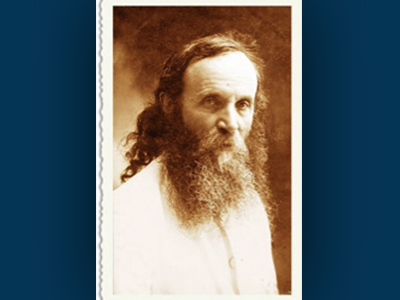Yehoshua Hankin Is Born in Ukraine

December 26, 1864
One of the most distinguished land purchasers of the Yishuv (Jewish settlements in Palestine), Yehoshua Hankin is born in Ukraine. He makes aliyah to Israel with his father in 1882. They settle in Rishon LeTzion.
He alone is responsible for purchasing more than 30% of the land that the new state owned when it establishes its independence in 1948. Hankin’s success results in part from his familiarity with the intricacies of Turkish bureaucracy, his knowledge of land law, and his deep understanding of Arabic language and culture.
In 1890 Hankin purchases his first plot of land for the Yishuv, which later becomes the town of Rehovot. A year later, he purchases a plot that becomes the town of Hadera. In 1908, Hankin and Arthur Ruppin (see: https://israeled.org/arthur-ruppin-purchases-land-hebrew-university/) found the Palestine Land Development Corp., a small organization that assists Jewish buyers in purchasing land. Over the next few years, Hankin negotiates the purchase of thousands of dunams of land in Israel’s northern fertile valleys.
During World War I, the Turks force Hankin into exile in Anatolia. He is undeterred and returns to Palestine in 1920, whereupon he secures a deal to purchase 60,000 dunams of land in the Jezreel Valley, despite not having all the capital to close the deal. Funding for the purchase is ultimately provided by the Jewish National Fund, and this tract becomes home to many settlements and agricultural communities. In 1932 Hankin becomes the head of the Palestine Land Development Corp.
He dies in Tel Aviv in 1945.